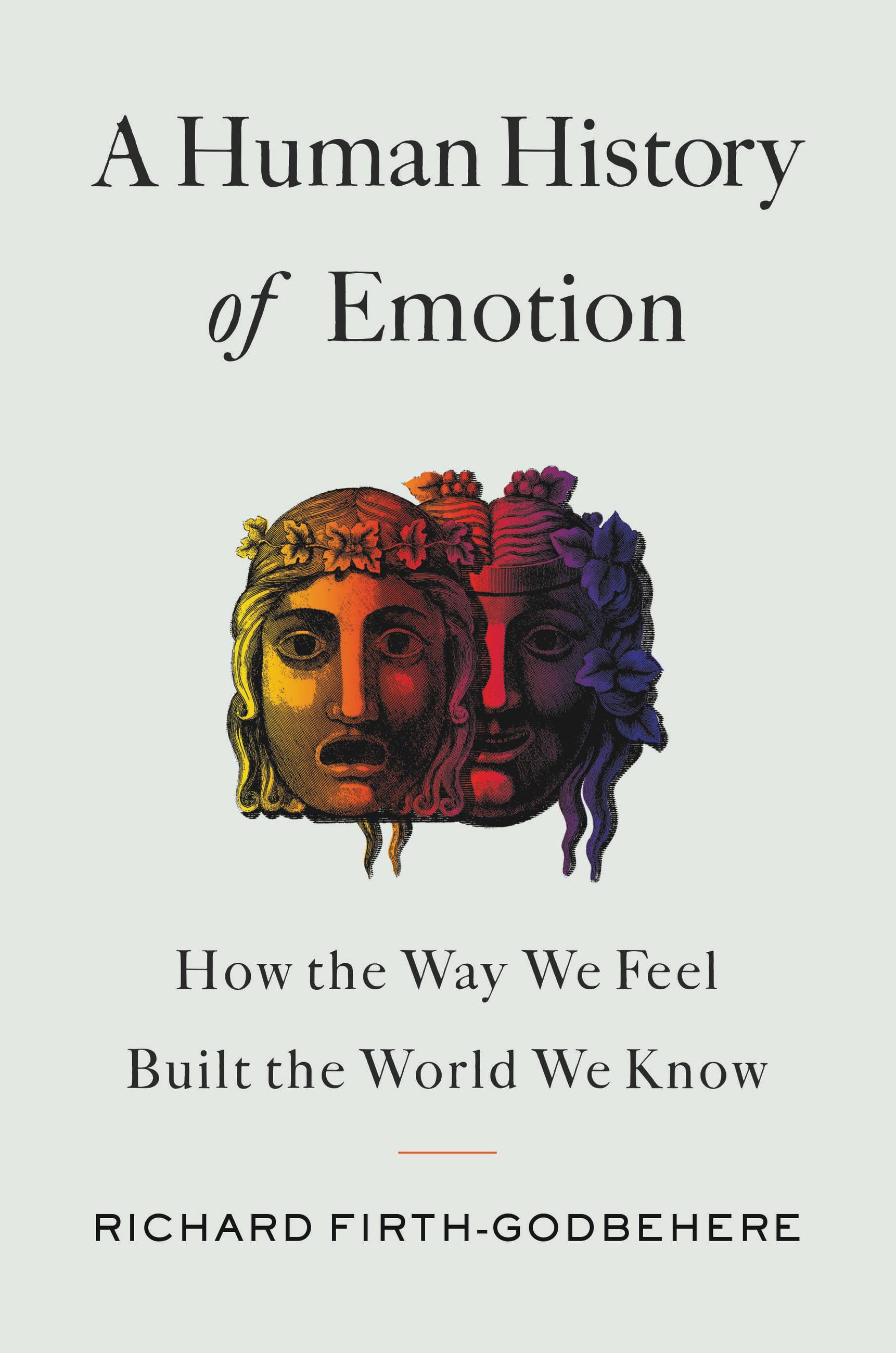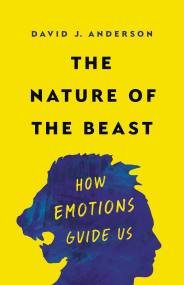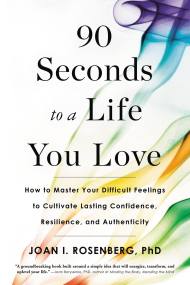By clicking “Accept,” you agree to the use of cookies and similar technologies on your device as set forth in our Cookie Policy and our Privacy Policy. Please note that certain cookies are essential for this website to function properly and do not require user consent to be deployed.
A Human History of Emotion
How the Way We Feel Built the World We Know
Contributors
Formats and Prices
Price
$14.99Price
$19.99 CADFormat
Format:
- ebook $14.99 $19.99 CAD
- Hardcover $28.00 $35.00 CAD
- Audiobook Download (Unabridged) $27.99
Also available from:
We humans like to think of ourselves as rational creatures, who, as a species, have relied on calculation and intellect to survive. But many of the most important moments in our history had little to do with cold, hard facts and a lot to do with feelings. Events ranging from the origins of philosophy to the birth of the world’s major religions, the fall of Rome, the Scientific Revolution, and some of the bloodiest wars that humanity has ever experienced can’t be properly understood without understanding emotions.
Drawing on psychology, neuroscience, philosophy, art, and religious history, Richard Firth-Godbehere takes readers on a fascinating and wide ranging tour of the central and often under-appreciated role emotions have played in human societies around the world and throughout history—from Ancient Greece to Gambia, Japan, the Ottoman Empire, the United States, and beyond.
A Human History of Emotion vividly illustrates how our understanding and experience of emotions has changed over time, and how our beliefs about feelings—and our feelings themselves—profoundly shaped us and the world we inhabit.
Genre:
-
"An educative foray...Insightful…Plenty of scholars seem to have read everything on their chosen subjects, but it’s rare to find one who can convert this massive database into lucid, captivating prose. Paul Johnson and Yuval Noah Harari do it; Firth-Godbehere is another."Kirkus (Starred Review)
-
"A fascinating look at the profound ways in which the harnessing of human emotions has shaped world-wide history and culture. Eye-opening and thought-provoking!”Gina Rippon, author of The Gendered Brain
-
“A well-written, fact-filled global tour. Readers interested in a history of emotional responses will find this a good place to start.”Publishers Weekly
-
"Emotions are a much bigger part of the experience of being human than most people would ever realize. If you want to know more about emotions and how we arrived at our understanding of them, this book is exactly what you need."Dean Burnett, author of Happy Brain
-
“Reading The Human History of Emotion is like watching a familiar film turned upside down. Take Richard Firth-Godbehere's hand and let him walk you down a strange path through some new and familiar historical landscapes. I very much enjoyed having my preconceptions challenged, and any book so comprehensive that it starts with Socrates and ends with emojis deserves a place on my bookshelf.”Iszi Lawrence, author and co-host of Making History
-
"Richard Firth-Godbehere takes us on a rollercoaster of historical emotions, from the ancient to the modern and into the future. He shows that human emotions are more complex than you might think, with an infectious enthusiasm and energy that keep the pages turning. Whether you are looking for new ideas, narrative history, psychological theory, or cultural anthropology, this book will teach you something new about how people have felt about their feelings through the ages. A book like no other."Thomas Dixon, author of Weeping Britannia: Portrait of a Nation in Tears
-
"As we are so often held siege by and manipulated by our emotions, it seems wise to become calmly acquainted with them. Richard Firth-Godbehere provides an elegant and entertaining guide to the best and the worst of our furies and delights."Robin Ince, co-host of The Infinite Monkey Cage
- On Sale
- Nov 16, 2021
- Page Count
- 336 pages
- Publisher
- Little Brown Spark
- ISBN-13
- 9780316430869
Newsletter Signup
By clicking ‘Sign Up,’ I acknowledge that I have read and agree to Hachette Book Group’s Privacy Policy and Terms of Use







